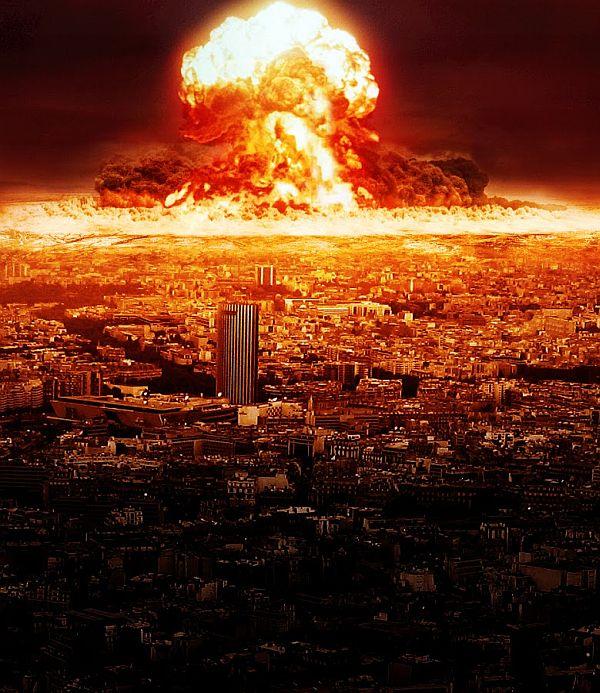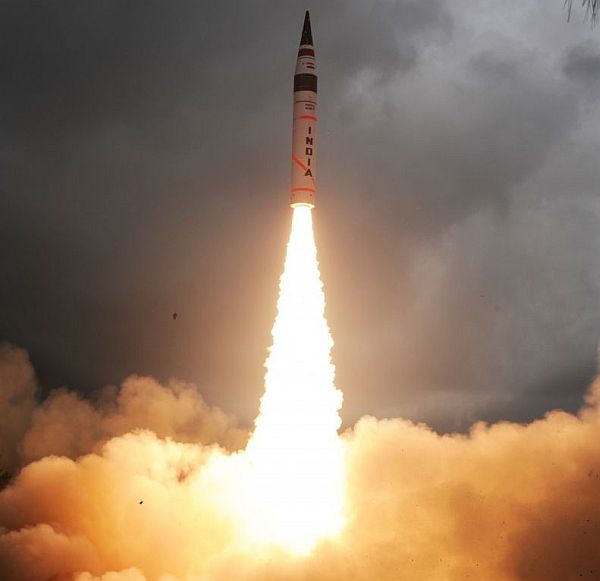A nuclear war between India and Pakistan would result in a global famine that could kill over two billion people -- a quarter of the world's population -- and end human civilisation, a study warned on Tuesday.
"A nuclear war using only a fraction of existing arsenals would produce massive casualties on a global scale -- far more than we had previously believed," said Ira Helfand, the study's author and co-president of the International Physicians for the Prevention of Nuclear War.
In a previous study in 2012, the Nobel Peace Prize-winning IPPNW and Physicians for Social Responsibility said that a nuclear famine could kill more than a billion people.
The new study 'Nuclear Famine: Two Billion People at Risk?’ is based upon research published by climate scientists who have assessed the impact of nuclear explosions on the Earth's atmosphere and other ecosystems.
According to the study, a nuclear war using as few as 100 weapons anywhere in the world would disrupt the global climate and agricultural production so severely that the lives of more than two billion people would be in jeopardy.
...
How catastrophic will an Indo-Pak nuclear armageddon be?
"A billion people dead in the developing world is obviously a catastrophe unparallelled in human history. But then if you add to that the possibility of another 1.3 billion people in China being at risk, we are entering something that is clearly the end of civilisation," Helfand said.
"Chinese winter wheat production would fall 50 per cent in the first year and, averaged over the entire decade after the war, would be 31 per cent below baseline," it said.
"The prospect of a decade of widespread hunger and intense social and economic instability in the world's largest country has immense implications for the entire global community, as does the possibility that the huge declines in Chinese wheat production will be matched by similar declines in other wheat producing countries," Helfand said.
He said the study looked at India and Pakistan as the two sides have fought three full-fledged wars since 1947.
But the author also said that the earth would expect a similar impact from any limited nuclear war. Modern atomic weapons are far more powerful than the US bombs that killed more than 200,000 people in Hiroshima and Nagasaki in 1945.
"Countries around the world -- those who are nuclear-armed and those who are not -- must work together to eliminate the threat and consequences of nuclear war," Helfand said.
"In order to eliminate this threat, we must eliminate nuclear weapons," he added.
Click on NEXT to go further...



article